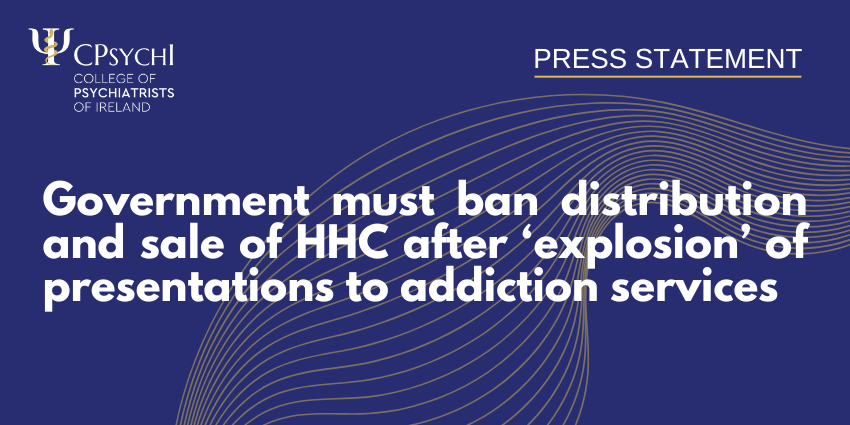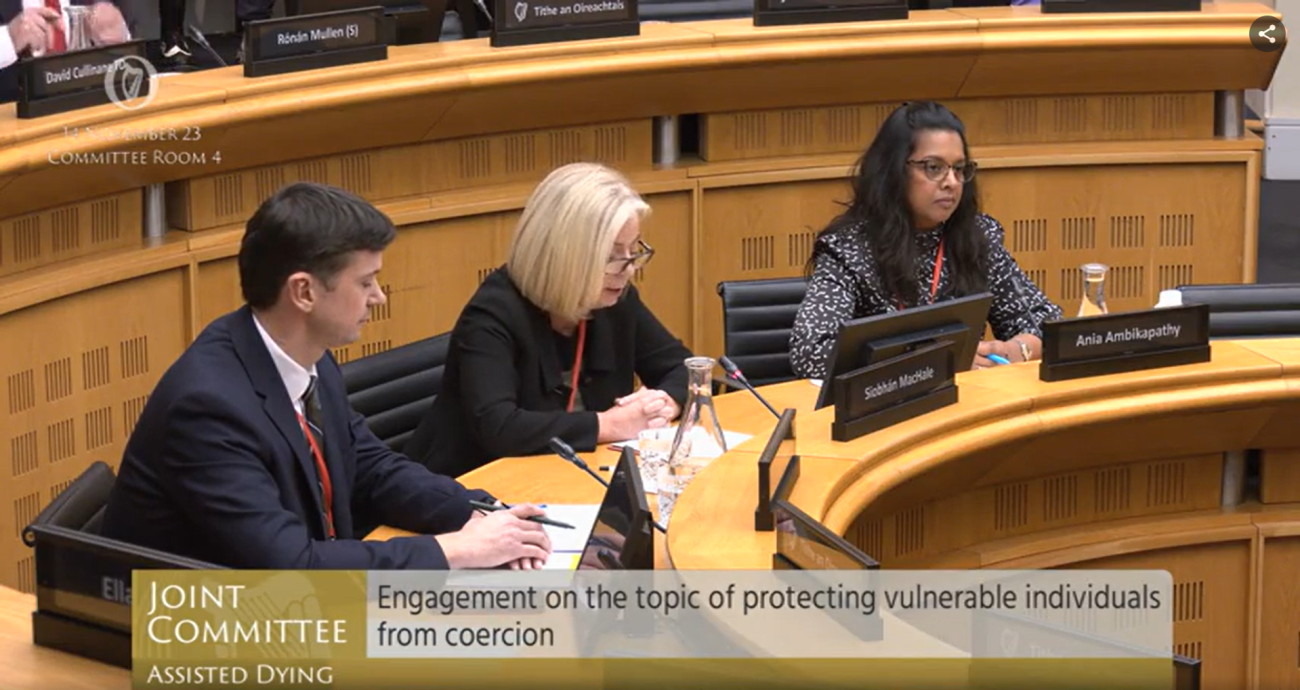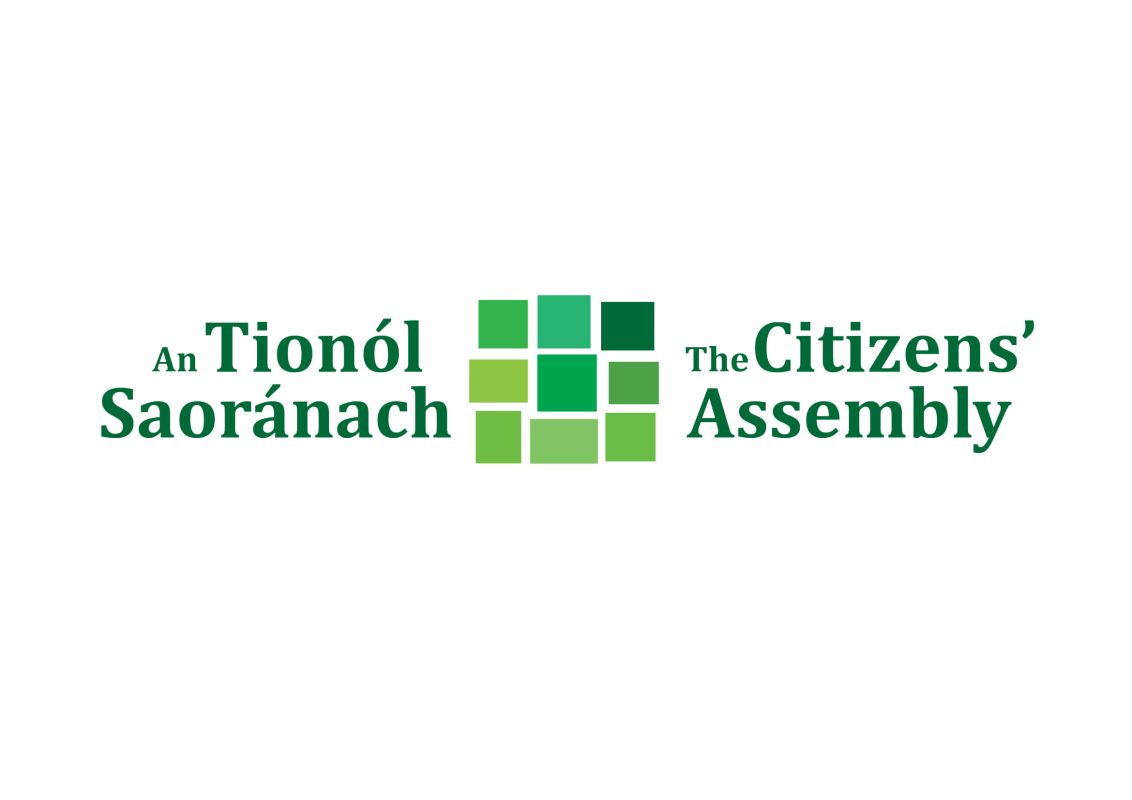-
Estimates suggest HHC is a component part in approximately 20% of all presentations to adolescent addiction services in the last few months.
-
‘The public need to know that just because a substance is sold in a shop, in fancy packaging, for human consumption, does not mean that it is safe or tested in any meaningful way’
View the HHC Information Leaflet, released today, here.
The College of Psychiatrists of Ireland (CPsychI) has warned that the Government must urgently intervene to ban the distribution and sale of all semi-synthetic cannabis and tackle the issue of its harms after an “explosion” of addiction presentations in Ireland related to the man-made drug HHC.
Hexahydrocannabinol (HHC) is a manmade, manufactured chemically modified version of a natural cannabinoid found in cannabis.
HHC is referred to as a ‘semi-synthetic cannabinoid’ and produces similar effects to THC. THC is a natural cannabinoid found in the cannabis plant that causes the drug’s ‘high’.
HHC, which is currently available in vapes and edibles in Ireland, is not subject to any legal restrictions at present in Ireland as it is currently not classified as a controlled substance.
Today (Monday), CPsychI published a guide on HHC, outlining its effects, risks, and what needs to be done to address its use among the public (see editors’ note below).
Speaking today, Professor Bobby Smyth, Specialist Consultant Child & Adolescent Addiction Psychiatrist and Chair, CPsychI Faculty of Child and Adolescent Psychiatry, said:
“The explosion in HHC-related addiction presentations among adolescents has been extraordinary over such a short period of time. HHC was only identified in Europe for the first time two years ago; today, we estimate that HHC now features as a component part in about 20% of all presentations to adolescent addiction services in Ireland, very often in combination with cannabis itself.”
Dr Smyth compared the legality of HHC with that of head shops approximately 15 years ago. “In the short time that they bypassed the law, the products sold in head shops caused a huge amount of damage, primarily to young people. We are seeing a similar trend now with HHC. The Government’s job is simple: it must enforce the laws we currently have as sale of psychoactive drugs such as HHC and similar compounds is prohibited under the Criminal Justice (Psychoactive Substances) Act 2010. This Act allows for people and businesses selling HHC to be prosecuted.”
Dr Smyth said that one of the worrying elements of HHC use was that no one knows its long-term consequences. “It generally takes decades for the medical community to figure out long-term consequences of new substances. Over the past 20 years, we have seen the strength of cannabis rise, leading to an increase in mental illness among users. We know anecdotally that people can experience even more intense reactions from HHC and we have seen cases of HHC-induced psychosis in Ireland, which is particularly worrying.”
He added: “The public need to know that just because a substance is sold in a shop, in fancy packaging, for human consumption, it does not mean that it is safe or tested in any meaningful way. Until proven otherwise, we should work on the assumption that HHC products are going cause the same mix of problems which we see with cannabis.”
Professor Colin O’Gara, Consultant Specialist Addiction Psychiatrist and a member of the CPsychI, said:
“HHC has proven to be a potent cannabinoid in our clinical settings, particularly amongst young men. It is initially seen to be a harmless drug but can have devastating effects on a young person’s mental health; we have treated young men suffering from severe psychoses as a result of vaping HHC. These individuals can require months of intensive treatment in the in-patient setting with medication to recover from the psychosis. Addiction is also a worry with HHC, with some users developing compulsive use and the need to increase their intake of HHC on a regular basis.”
The College is calling for the Government to urgently:
- Include HHC and any semi synthetic cannabinoid on the list of prohibited substances for manufacture, distribution and sale.
- Enforce the legal prosecution of businesses and retailers found producing, distributing or selling any version of HHC and other semi-synthetic cannabinoids.
- Raise awareness of the potential dangers and harms of HHC and where they can be found (e.g. in vapes and edibles) and similar products, particularly aimed at adolescents, young adults, parents and schools.


